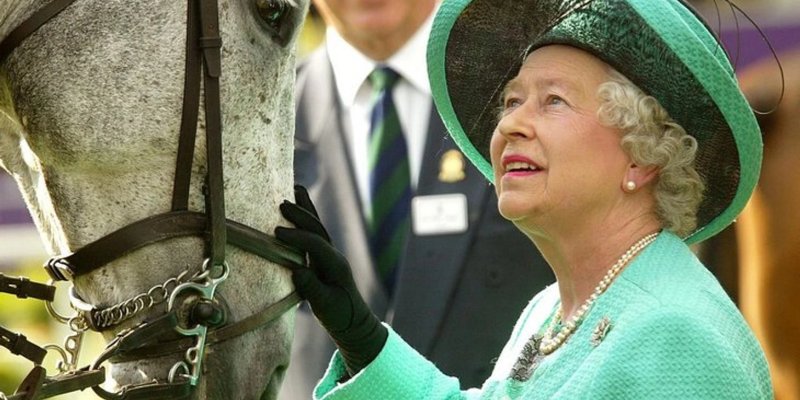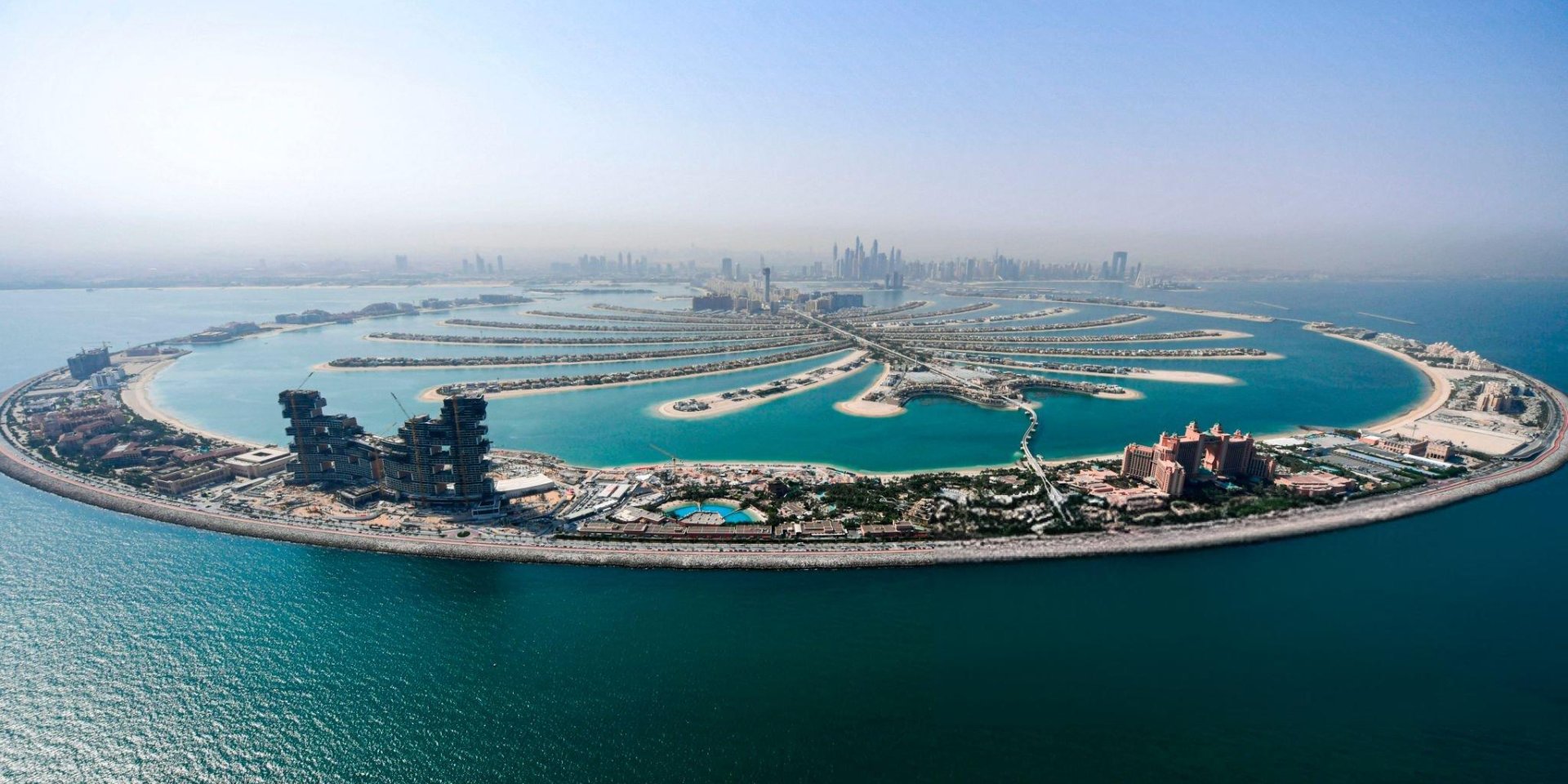
The legalization of gambling in the United Arab Emirates has become a landmark for the entire region: against the backdrop of betting being largely prohibited in Muslim countries, the UAE was the first to build an official access framework. But does this mean the betting market is truly open and players can already pick up bet slips and chase odds? Let’s break down which forms of gambling have been permitted, why the Emirates need a dedicated regulator, and why in practice everything is moving far more cautiously than headlines suggest.
What Exactly Is Legal and Who Runs It
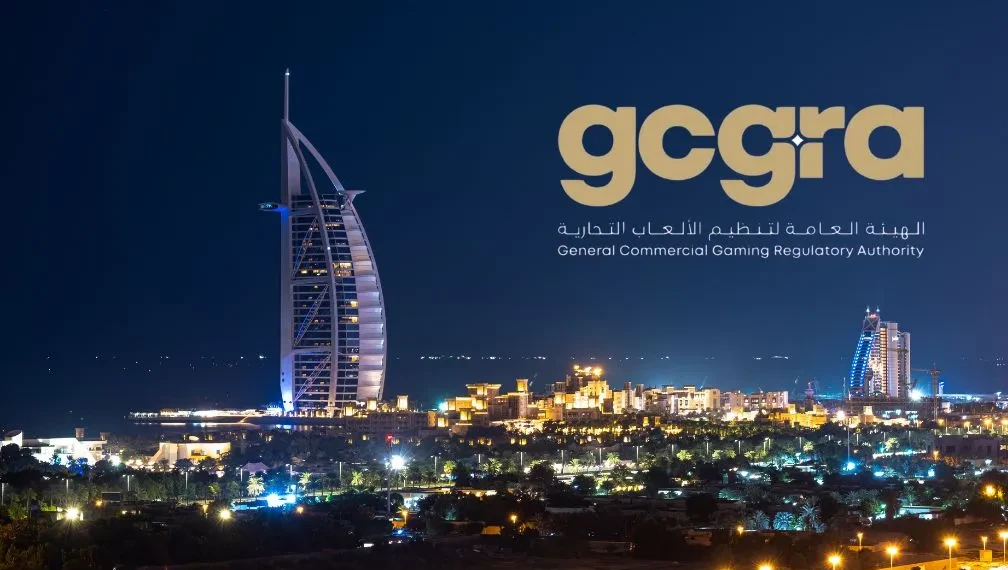
A year ago the UAE established an independent regulator — the General Commercial Gaming Regulatory Authority (GCGRA). It is neither a tax service nor a financial mega-regulator; it is a specialist body focused exclusively on commercial gambling — from licensing and advertising oversight to security standards, KYC/AML procedures, and responsible gaming. This approach is closer to the Western model: narrow specialization and formal independence so that businesses understand the rules and risks in advance.
In practice, only a few permits have been issued so far. The state lottery The Game is operating, while Wynn Resorts’ land-based casino project is under construction. Online segments — online casinos and online bookmakers — appear on the roadmap, but they do not yet have access to licensing: the key brake is access control and geolocation gating of users.
Geolocation, “Access Zones,” and Technical Barriers

The UAE does not plan to turn betting into a product available “from anywhere on any device.” The concept relies on strictly defined points of entry. In essence this means local “gaming zones” and geofencing: participating in lotteries and placing bets will be possible only in designated locations, with access blocked outside those perimeters. To implement the model, the GCGRA is engaging geolocation-control vendors — a distinct class of licenseable companies responsible for pinpointing user location and filtering attempts to circumvent restrictions.
Why the Pace Is Modest and Where the Model Is Heading
The launch of the regulator is often interpreted as a “green light” for mass betting, but the primary objective looks different: to create a predictable jurisdiction capable of attracting major casino brands, technology vendors, operational hubs, and capital. The UAE clearly leans toward a hybrid Asian logic in which gambling exists “on the ground,” integrated with tourist infrastructure, while resident access may be restricted or entirely closed. The winners are tourism, the MICE industry, real-estate development, and adjacent services; social risks for locals are minimized through access regimes.
Economic Strategy: Diversification and “Regulatory Hospitality”

Gambling is being built into a broader plan to diversify the economy: inflows of tourists, investment, jobs, and capabilities. Hence the strong emphasis on clear rules and “regulatory hospitality.” A distinctive feature of the UAE is the broad targeting of licensing: beyond operators and suppliers, licenses are envisaged for top management and rank-and-file staff. This increases transparency along the chain of responsibility and reduces reputational risk for global companies that must demonstrate a strict compliance agenda.
Regional Context and Religious Constraints
Legal gambling products are rare in the Middle East. Outside the Emirates it is mostly about state lotteries in a few countries; casinos and bookmakers are either completely banned or lack a formal regulatory presence. The reason lies in religious norms: classical Islamic law views games based on uncertainty and risk negatively. In most Muslim jurisdictions this stance is reflected in criminal-law prohibitions as well.
The UAE has historically been strict about observing these norms: sanctions apply not only to illegal operators but also to individuals who take part in illegal betting. Penalties are tough for both players and organizers; for foreigners, deportation and entry bans are possible. This explains why the regulator prefers to move in small steps and build a system with a tight control contour — from geolocation to identity-verification procedures.
How Law Enforcement Fights the “Gray” Market
Where there is demand, workarounds appear: underground clubs under the guise of “private events,” forums circulating invite codes, crypto payments, and clandestine chat groups. In the Emirates, law-enforcement agencies respond with targeted operations, including undercover work, and when apprehensions occur, every link — organizers, intermediaries, and customers — is held liable. This backdrop makes the official, tightly controlled sector the only safe alternative — a deliberate piece of regulatory architecture.
Traditional Exceptions: Horse Racing, Camel Racing, and Archery
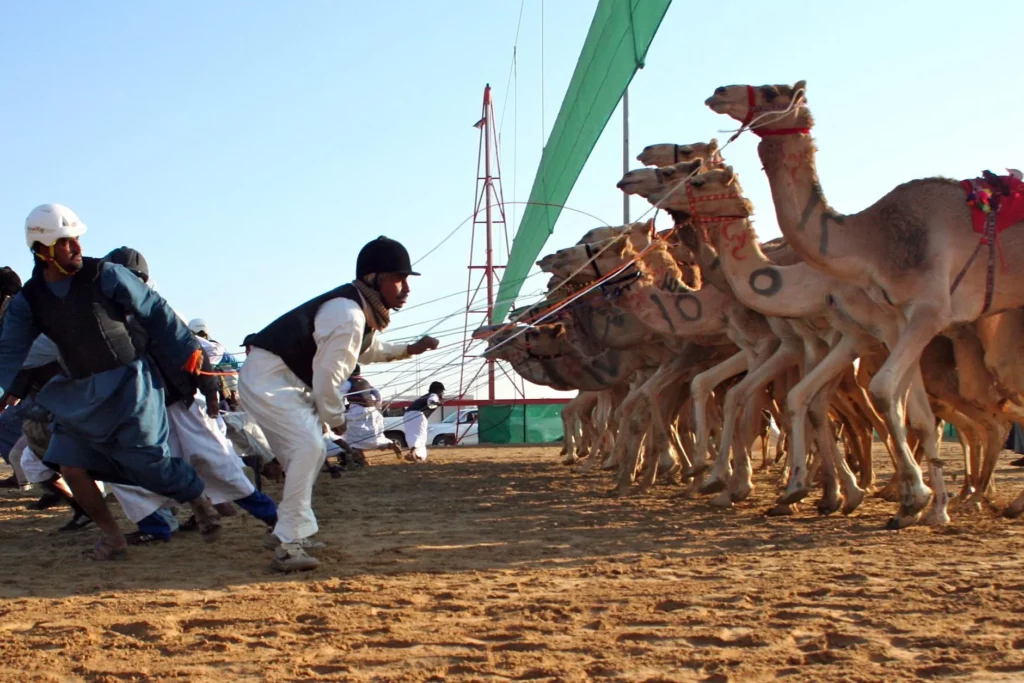
Despite the overall strictness, there are types of competition rooted in tradition and supported by religious sources. Horse racing, camel racing, and archery have historically been seen as practices linked to military preparedness and endurance. Hence their special status and cultural significance. In the Gulf states the horse-racing scene has become a global showcase: huge prize purses, world stars performing at ceremonies, and elite breeding operations.
“Prediction” Instead of a “Bet”: How Race Wagering Works
Horse racing has developed its own terminology and mechanics of participation. Organizers often avoid the words “bet” and “bookmaker,” offering formats labeled as “predictions” or “forecasts.” In essence this is a closely related form of wagering, but structured to comply with local norms: the participant locks in a prediction, and the final payout is calculated after the races based on parameters set afterward. For the player it looks like a bet; for the regulator it is a special mode of participation in a sporting event. Less popular yet still traditional directions include camel racing and archery; however, in terms of cultural prestige and economic scale, horse sport unquestionably leads in the region.
Licenses, Compliance, and the Balance of Interests

The central intrigue for the betting market is the fate of online bookmakers and online casinos. The relevant categories are present on the GCGRA website, but what will prove critical is how the regulator addresses geoblocking, screening out residents (if a “tourists-only” scenario is confirmed), identity verification, and responsible gaming. The UAE is deliberately trading speed of product expansion for manageability and reputational reliability. In parallel, layers of licensed suppliers will grow — from geolocation to anti-fraud and payments infrastructure.
Will Locals Be Admitted to Casinos—And What Does That Mean for Betting
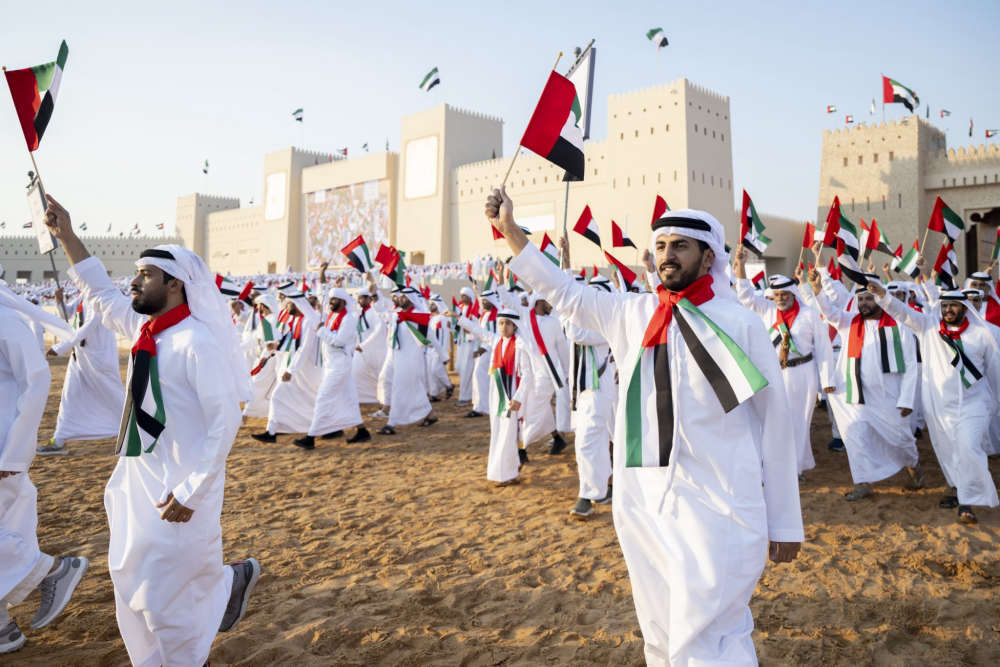
The key issue for UAE citizens and residents is access. If the country cements a “tourist” configuration with land-based venues open primarily to visitors, mass online betting in the usual sense may not materialize. Even so, the industry will grow as part of the tourism ecosystem: casino resorts, entertainment clusters, an events calendar, jobs, and tax revenue. Should the regulator later admit online formats — even in a limited mode with strict geo-zones and compliance — demand will surface instantly; the region has long been waiting for clear, legal boundaries.
Bottom line. The UAE is indeed the first Arab country that has not merely “allowed betting,” but has begun methodically building the infrastructure for a controlled gambling industry. This is not the instant launch of a full product catalog, but a long-term project: less noise, more regulatory engineering. The path may seem slow, yet for global operators and investors that very predictability is the real “jackpot.”

